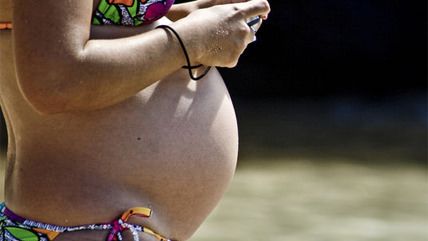Maternity Leave Hype
Extended leisure time

The appealing concept behind longer maternity leave is that newborns will benefit from more time spent with their mothers. But when four economists took a look at the expansion in paid maternity leave in Norway from 18 to 35 weeks, they found that it mostly has "amounted to a pure leisure transfer, primarily to middle and upper income families." The increased paid leave did not reduce the amount of unpaid leave that new mothers took. Instead, it paid them to stay off their jobs even longer.
The study, which the National Bureau of Economic Research published in October, also noted that longer paid maternity leave "had little effect on a wide variety of outcomes, including children's school outcomes, parental earnings and participation in the labor market in the short or long run, completed fertility, marriage or divorce." The authors do not argue against paid maternity leave per se, but they point out that the increase in paid leave has reduced economic efficiency without providing any measurable benefits.
Editor's Note: As of February 29, 2024, commenting privileges on reason.com posts are limited to Reason Plus subscribers. Past commenters are grandfathered in for a temporary period. Subscribe here to preserve your ability to comment. Your Reason Plus subscription also gives you an ad-free version of reason.com, along with full access to the digital edition and archives of Reason magazine. We request that comments be civil and on-topic. We do not moderate or assume any responsibility for comments, which are owned by the readers who post them. Comments do not represent the views of reason.com or Reason Foundation. We reserve the right to delete any comment and ban commenters for any reason at any time. Comments may only be edited within 5 minutes of posting. Report abuses.
Please to post comments


of Economic Research published in October,